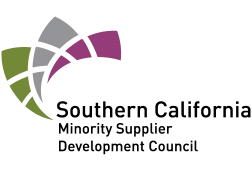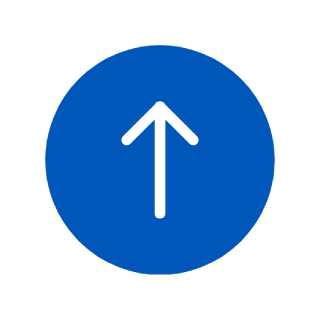
As a small business owner, you understand the importance of managing your finances effectively. One crucial aspect of financial management is debt collection. As the end of the year approaches, it’s a perfect time to assess and organize your debt collection efforts to ensure a strong financial start for the upcoming year. Coast To Coast Financial Solutions is here to provide you with an end-of-year checklist to help you manage your debt collection efficiently.
TABLE OF CONTENTS
- » 1. Review Your Outstanding Debts
- » 2. Evaluate Your Collection Policies
- » 3. Contact Delinquent Debtors
- » 4. Review Payment Plans
- » 5. Update Contact Information
- » 6. Assess Debt Collection Agencies
- » 7. Check Legal Compliance
- » 8. Review Credit Reporting
- » 9. Determine Bad Debt
- » 10. Organize Your Documentation
- » 11. Calculate Your Debt Recovery Rate
- » 12. Consider Debt Settlements
- » 13. Educate Your Team
- » 14. Prepare for Tax Season
- » 15. Set Goals for the New Year
- Need a Debt Collection Agency for Help? Contact Coast To Coast Financial Solutions!
» 1. Review Your Outstanding Debts
Start by compiling a list of all outstanding debts owed to your business. This includes invoices, loans, and any other financial obligations. Ensure that you have up-to-date records of each debt.
» 2. Evaluate Your Collection Policies
Assess your current debt collection policies and procedures. Are they effective? Are there any areas that need improvement? Make necessary adjustments to streamline the collection process.
» 3. Contact Delinquent Debtors
Reach out to delinquent debtors and remind them of their outstanding balances. Communicate clearly and professionally, offering options for settling the debt. Ensure you document all communication for your records.
» 4. Review Payment Plans
If you have negotiated payment plans with debtors, review their progress. Check if they have been adhering to the agreed-upon terms. Follow up with those who have missed payments.
» 5. Update Contact Information
Make sure you have accurate contact information for your debtors. If any information has changed, update it in your records to avoid communication difficulties.
» 6. Assess Debt Collection Agencies
Consider partnering with a professional debt collection agency like Coast To Coast Financial Solutions. Evaluate your current agency or explore options for outsourcing your debt collection efforts.
» 7. Check Legal Compliance
Ensure that your debt collection practices comply with all applicable laws and regulations, especially those that may have changed during the year.
» 8. Review Credit Reporting
If you report debts to credit bureaus, verify the accuracy of your reporting. Ensure that any updated information is reflected in your reports.
» 9. Determine Bad Debt
Identify debts that are unlikely to be collected. While it’s never pleasant to write off bad debt, it’s essential for maintaining accurate financial records.
» 10. Organize Your Documentation
Proper documentation is essential in debt collection. Ensure that you have all the necessary paperwork and records related to your outstanding debts organized and easily accessible. This includes invoices, contracts, communication logs, and any agreements made with debtors.
» 11. Calculate Your Debt Recovery Rate
Review your debt recovery rate for the year. Calculate the percentage of debts you successfully collected compared to the total amount owed. Understanding your recovery rate can help you gauge the effectiveness of your collection efforts.
» 12. Consider Debt Settlements
For especially challenging cases or debts that have remained unpaid for an extended period, consider offering debt settlements. This involves negotiating with debtors to accept a reduced amount as a full settlement of the debt. It can be a practical way to recover some funds and close difficult cases.
» 13. Educate Your Team
If you have a team responsible for debt collection, provide them with training and updates on the latest debt collection practices and regulations. Ensure that they possess the knowledge and skills to handle collection efforts effectively and professionally.
» 14. Prepare for Tax Season
With the end of the year comes tax season. Be prepared for potential tax refunds that could be used to settle outstanding debts. Ensure that you are ready to coordinate with debtors who may choose this option for repayment.
» 15. Set Goals for the New Year
As part of your end-of-year debt collection checklist, set clear goals for the upcoming year. Define your objectives and strategies for improving your debt recovery efforts.
Need a Debt Collection Agency for Help? Contact Coast To Coast Financial Solutions!
Managing debt collection for a small business can be a complex and time-consuming process. At Coast To Coast Financial Solutions, we specialize and are dedicated in helping businesses like yours recover outstanding debts, while upholding legal compliance and maintaining a positive reputation.
If you need assistance with your debt collection efforts or have questions about any of the items on this checklist, don’t hesitate to reach out to us at 805.506.8195 for a free consultation. Let us help you start the new year on solid financial footing, with effective debt collection strategies in place.
Remember, proactive debt collection and management are key to the financial success of your small business. With the right strategies and support, you can navigate debt collection challenges with confidence and efficiency.





